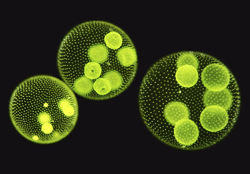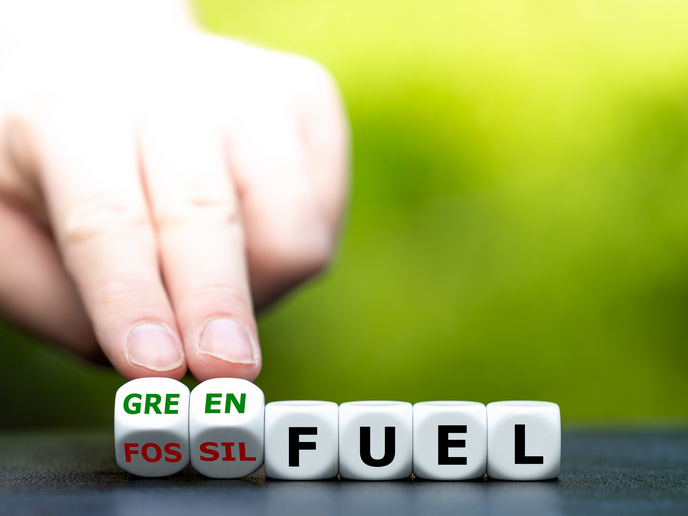Algae — renewable energy source
In addition to producing oils, algae have high growth rates and do not compete with food crops for arable land. However, maximising oil content is critical to commercialisation. The biofuel potential of algal oil is largely related to the degree of saturation of its fatty acids, of which iodine content is an indicator. The higher the iodine content, the lower the saturation and the less suitable the algae are for biofuel. EU-funded scientists developed a way to monitor, evaluate and sort single cells in vivo and in real-time with work on the project FUEL MAKING ALGAE. The focus was on cellular metabolism and metabolites as well as optimisation of photo bioreactor conditions. Scientists exploited state of the art Raman tweezers and Raman spectroscopy to trap the single algal cells and assess their iodine contents. They developed a chemometric - multivariate analysis program in Matlab to analyse the spectra. Microfluidic channels for cell confinement and delivery were produced using soft lithography. FUEL MAKING ALGAE researchers developed and tested the algal sorting device that uses the Raman tweezers and microfluidic chip. Further, they demonstrated the ability to estimate lipid/iodine levels in single algal cells real time, in vivo and non-invasively. The technology has great potential for enhancing lipid production in algae. It can be used to select inherently good producers and to modify nutritional or cultivation conditions such as physiological stress, light or carbon availability. Widespread implementation could ensure a large army of small organisms positively impacts global energy security and climate change.







